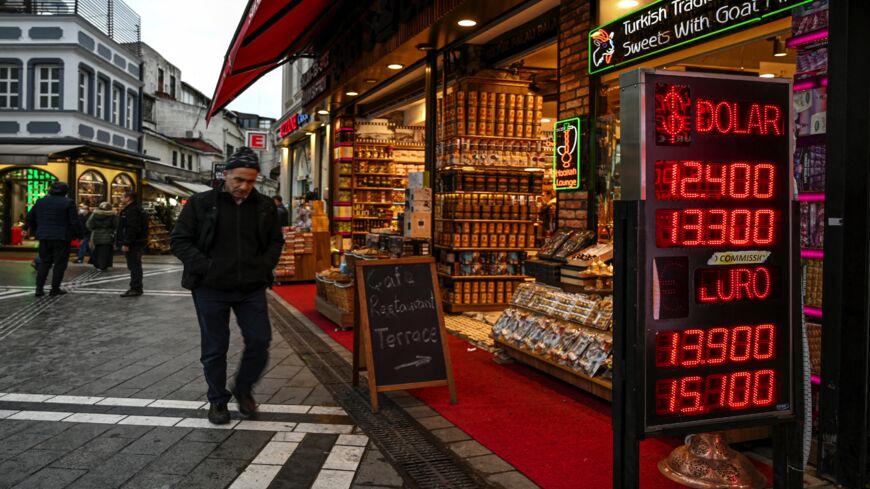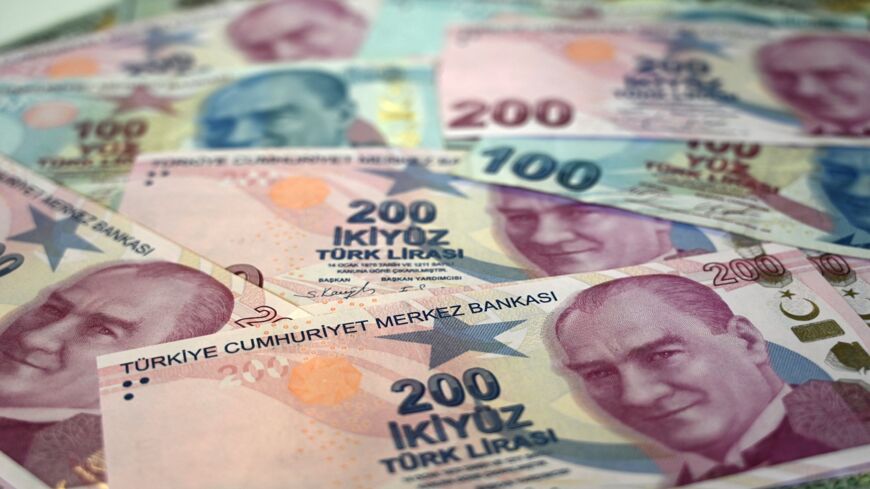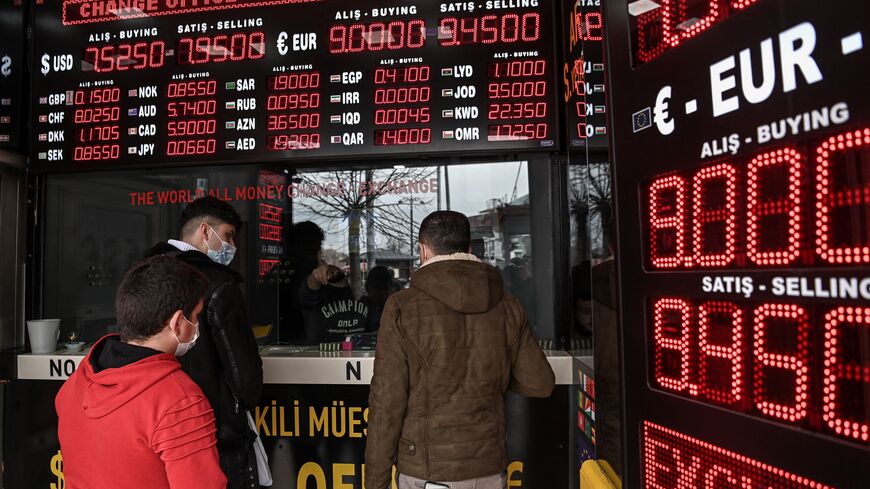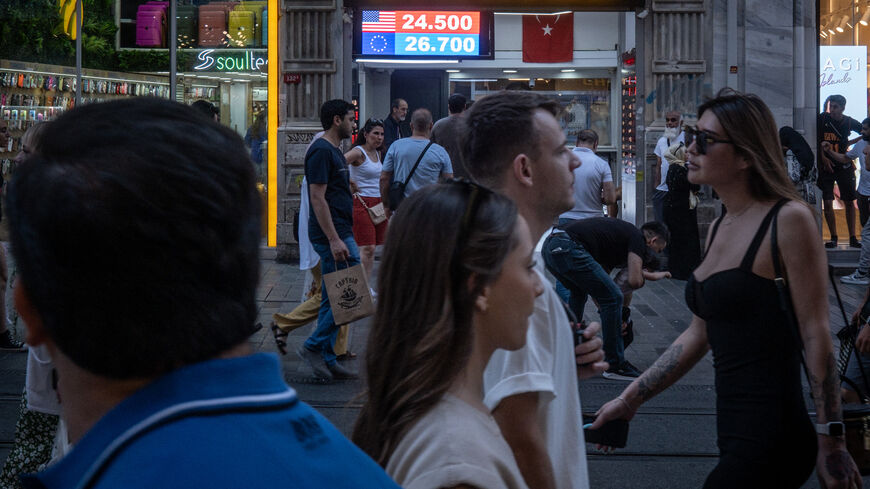Turkey returns $5B deposit to Saudi Arabia amid economic recovery
The Saudi Fund for Development decided to hold the funds in the Turkish Central Bank in March 2023 after ministerial meetings the previous year — the deposit helped Turkey firm up its weakened currency, the lira.
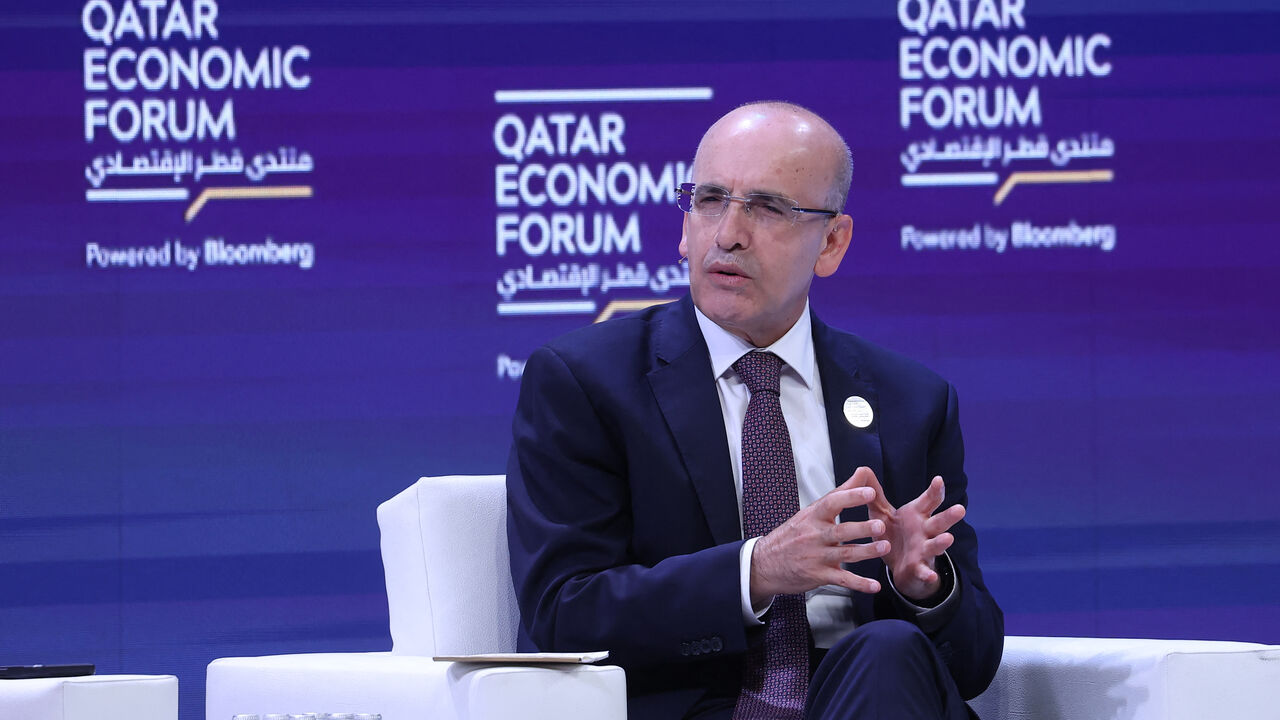
Turkey’s Central Bank said Wednesday it had returned a $5 billion deposit to Saudi Arabia, the latest move marking Ankara’s economic turnaround from its worst financial downturn and foreign currency crunch in decades.
"Our external liabilities have recently improved by approximately USD 7 billion through the reduction of deposit balances," the bank said in a statement.
The Saudi Fund for Development decided to hold the funds in the Turkish Central Bank in March 2023 after ministerial meetings the previous year. The deposit helped Turkey firm up its weakened currency, the lira. But even after that, the currency continued to fall against the dollar: A year ago, $1 amounted to 26.93 lira, and on Wednesday, a dollar was equivalent to 32.84 lira, around a 22% drop in value.
On July 8, Turkish Finance Minister Mehmet Simsek posted on the X platform that Turkey’s net reserves, excluding swaps, were at the highest level in the last 4.5 years, reaching $22.2 billion.
Swap hariç net rezervler son 4,5 yılın zirvesinde. pic.twitter.com/xWOyhimuaX
— Mehmet Simsek (@memetsimsek) July 18, 2024
However, Turkish annual year-on-year inflation still stands at a level of 71.6%, despite falling for the first time in eight months in June. Food and household products are still at eye-wateringly high prices.
Tim Ash, an emerging-markets strategist at RBC BlueBay Asset Management, described the deposit return to Saudi Arabia as a “sign of confidence” on the X platform.
With its net reserves now positive, Turkey is moving to a much stronger underlying financial position.
“Pretty remarkable the speed of reserve re-build reflecting a) strong foreign investor inflows; b) de-dollarisation,” Ash added.
Ash said the Turkish Central Bank's return of the deposit was not a reflection of Turkey-Saudi Arabia relations, but more of the success in rebuilding reserves under Simsek and Central Bank Governor Fatih Karahan.
Following President Recep Tayyip Erdogan’s reelection in May 2023, he chose a new central bank governor and finance czar who followed economic orthodoxy of increasing interest rates to tame soaring inflation. For years before, Erdogan kept interest rates stubbornly low despite high inflation.
The central bank has aggressively hiked interest rates from 8.5% to 50% since June 2023, increasing the rates Turks can earn from holding the lira, meaning that many holding dollars or other foreign currency have swapped to the lira. A steady stream of foreign currency from international tourists and tempered consumer demand for imported goods have helped to reduce the country’s current account deficit and relieve pressure on the central bank’s reserves.
Relations between Ankara and Riyadh had been strained for much of the 2010s and early 2020s over Turkey’s support for Islamist movements like the Muslim Brotherhood during the 2011 Arab Spring. Many Gulf sheikhdoms and monarchies view the Muslim Brotherhood as a threat to their rule.
Relations between Turkey and Saudi Arabia were further strained after the killing of Saudi journalist Jamal Khashoggi at the Saudi Embassy in Istanbul in October 2018. Erdogan and US intelligence agencies have linked Saudi Crown Prince Mohammed bin Salman to the killing, though his government denies that the senior royal had any part in the incident.
Still, Erdogan has been quick to rebuild ties with Gulf countries, including Saudi Arabia, in recent years, in part to shore up more foreign investment into the country’s beleaguered economy.

